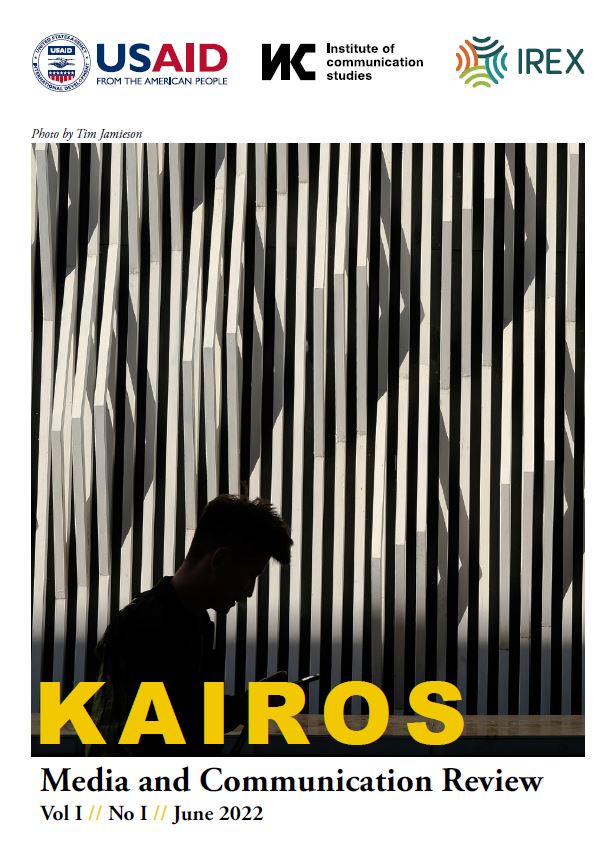Media Literacy Education at the University Level: A Case study of the South East European University (SEEU)
Media Literacy Education at the University Level: A Case study of the South East European University (SEEU)
Author(s): Demush Bajrami, Albulena Halili, Edlira Palloshi Disha, Shemsedin IbrahimiSubject(s): Media studies, Communication studies, Theory of Communication
Published by: Institut komunikaciskiih studija
Keywords: Media literacy education; South East European University; resilient students
Summary/Abstract: Media literacy education is the key to creating citizens resilient to fake news and disin-formation,especially in countries vulnerable to foreign influence, such as North Macedonia. The impact ofdisinformation in the country is higher compared to developed democratic countries. Referring to thehighly polarized society, with a weak education system, citizens’ low trust in institutions and mediaas well as average or low level of investigative journalism, it is high time that media literacy should beinstitutionalized in North Macedonia, particularly at the university level. This study argues that theintroduction of media literacy programs and/or courses at the university level is indispensable. The suigeneris nature and the unique experience of the South East European University in higher educationin North Macedonia, as well as its reputation as a western model of higher education, makes it clearlysuitable to be a leader in the institutionalization of media literacy education. Furthermore, it aimsto justify the need of including media literacy courses at each faculty at the South East EuropeanUniversity, while creating new curricula and/or study programs at the Department of CommunicationSciences and Faculty of Contemporary Social Sciences. Moreover, the recently established MediaLiteracy and Disinformation Research Cluster which functions at the Max van der Stoel ResearchInstitute will complement the proposed reform in the curricula of these faculties. The results from thetheoretical research and those from empirical research through the online survey with undergraduateand master students further argue that media literacy education is an inevitable need in the digitalera that educates university students to critically approach information online, while contributingto creating a resilient society as an ultimate goal.
Journal: KAIROS: Media and Communications Review
- Issue Year: 1/2022
- Issue No: 1
- Page Range: 56-68
- Page Count: 13
- Language: English

